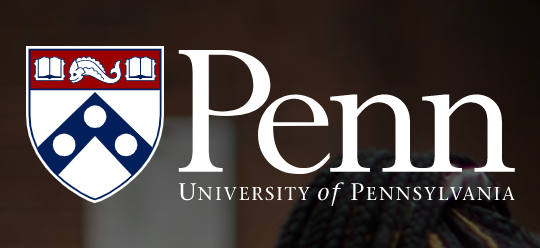
Repurposing Enlightenment
Edited by Hanna Roman and Olivia Sabee
The French Enlightenment has long been understood as a break from past practices and traditions, and as a period in which reason, science, progress, and secularization were invented. Furthermore, scholars have questioned the centrality of France in the conception of Francophone Enlightenments, engaging with networks of thinkers across Europe and in the colonial world. This volume seeks to bring nuance to the commonly-held narrative of the Enlightenment and the values identified with it, by engaging with traditional narratives of its relationships with time, geopolitical space and power, history, and progress. By highlighting how different strategies come from multiple geographical centers as well as by reading these values as reconsiderations of earlier ways of knowing, we will examine the interconnected nature of Enlightenments through the repurposing of ideas over time and geographic borders.
Recycling and repurposing included the translation of older sources and traditional thought practices into new contexts and spaces as well as the proliferation, amplification, and replication of eighteenth-century ideas. Creators and compilers of knowledge gathered, organized, and transformed texts, ideas, and images, harnessing these sources for new ends, whether debates in literature, music, and art or new scientific discoveries and theories. By bringing these diverse examples together in one volume, we will demonstrate the importance of repurposing as a key means for shaping and defining new knowledge and an important factor in interpreting Enlightenment literature, art, and science today.
Proposals are encouraged that focus on the active processes of repurposing, whether via studies of plagiarism and copying, translation and transnational influences (including movement and adaptation of texts and ideas across national, linguistic, and disciplinary boundaries), reuse of images or symbols, or historiography. We actively welcome submissions from scholars working across Francophone Enlightenment studies broadly conceived, in fields such as (but not limited to) literature, history, history of science, musicology, dance studies, religious studies, political science, and Classical studies. Submissions are encouraged to actively define or question the connotations of Enlightenment within their field or fields.
We envision the organization of the volume in three sections, the first interrogating Enlightenment thinkers’ complicated relationships with the past; the second investigating how they imagined the future and their legacies; and the third concerned with the Enlightenment’s continued role in debates about contemporary society.
Topics may include, but are not limited to:
Section 1 :
- In the reception of past ideas and works, how do we interpret deviation from tradition or reappropriation of it? This question may encompass themes such as plagiarism, commonplacing, and literary quarrels such as the debate of Ancients and Moderns.
- The formation and shaping of intellectual disciplines with respect to the past: How were disciplines influenced by questions tied to religion, myth, and ancient history ?
- The mythologization of the past: How did Enlightenment thinkers use the past to theorize questions of nature, natural law, government, society, and language ?
Section 2 :
- How did theories of posterity and the creation of mythologized stories of Enlightenment progress shape literary canons, historical narratives, and therefore national or cultural identity ?
- Questions of time and the shape of history that interrogate the idea of progress associated with the Enlightenment: How was history tied to past and place, and what models of historical time do these ties reveal ?
- What roles and purposes do future-oriented anxieties and fears of failure play in Enlightenment visions of history ?
Section 3 :
- How has the progress narrative been problematized today ? How can this interrogation be seen in current debates about politics, nationalism, cultural identity, education, religion, environment, and other areas ?
- What current beliefs and assumptions are intrinsic to our interpretations of Enlightenment history and literature? How do these assumptions occlude our ability to examine Enlightenments’ present rather than our own ?
- In what ways might narratives of progress and models of canonicity be re-interrogated ?
*
At this stage, the editors have begun consultation with a respected university press and the project proposal has been invited for review by the editorial board following essay selection.
Deadline for submission of abstracts: May 1, 2022.
Paper proposals should include title, 200-300 word summary, and brief biographical note indicating the author’s name, email, and institutional affiliation.
Contributors will be notified of inclusion in the proposal by June 1, 2022. Final inclusion in the volume will be subject to peer review.
Completed essays, written in English, of approximately 8,000 words will be due by October 31, 2022.
Please send your proposal to :
Hanna Roman (romanh@dickinson.edu) and Olivia Sabee (osabee1@swarthmore.edu).